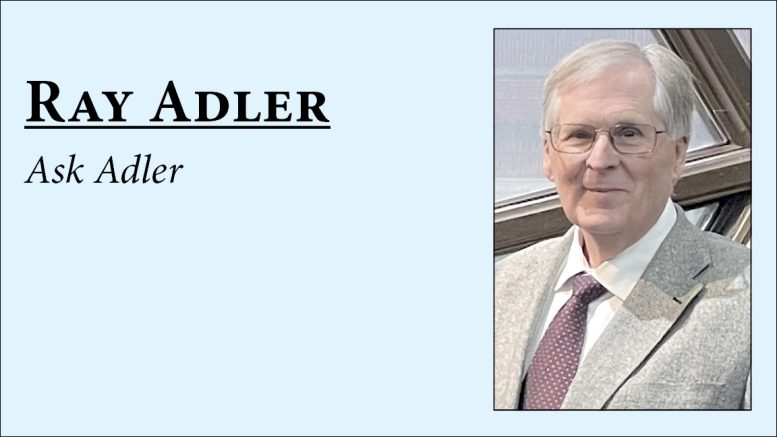My study at Purdue included a brief foray into quantum mechanics.
One of the unnerving statements was that the universe is not real. By real, it was meant that objects do not have definite properties, such as size and color, until they are observed. Indeed, they may lack definite properties prior to measurement. A desk may not be there unless you are looking at it. Scientific evidence also proves at the quantum mechanical level that objects are not influenced only by things around them.
These statements seem like foolishness and contrary to normal understanding.
This understanding of reality and influence on objects has been determined to be true by three physicists, John Clauser, Alain Aspect, and Anton Zeilinger. The three scientists equally divided the 2022 Nobel Prize in Physics for experiments with entangled photons.
The study of quantum mechanics is important. It helps engineers design and identify the functions of quantum sensors. Quantum computers rely on the principles of entanglement.
What is entanglement? Pairs of sub-atomic particles were sent off in different directions from a common source with observations at opposite ends of a very large distance. Quantum mechanics dictates that it is impossible to know the spin of an individual particle prior to measurement. However, once you measure one of the particles, the other sensor notes that its entangled particle changes in the opposite direction. Under quantum mechanics, particles do not have a particular spin until they are measured. Spin direction is merely the probabilities of spin.
In quantum mechanics, things are not locally real. These small particles may lack property characteristics such as spin prior to measurement and they appear to communicate at extreme distances faster than the speed of light. One experiment using telescopes in the Canary Islands sourced random decisions for detector settings from stars sufficiently far apart in the sky that light from one would not reach the other for thousands of years. Quantum mechanics, again, proved triumphant, that even with this randomness there was an entanglement.
The 2022 Nobel Prize in Physics seems to state that current information tells us that in quantum mechanics, at least, particles really are not there until they are observed. Entangled particles appear to communicate with each other faster than the speed of light.
Can that be real?

